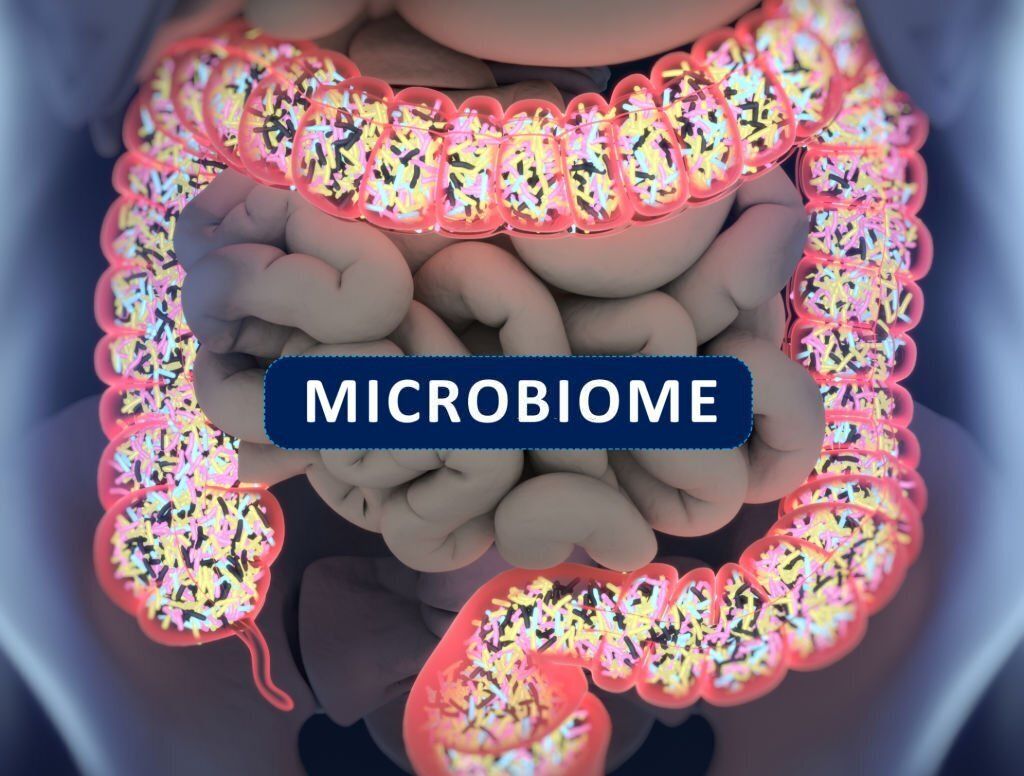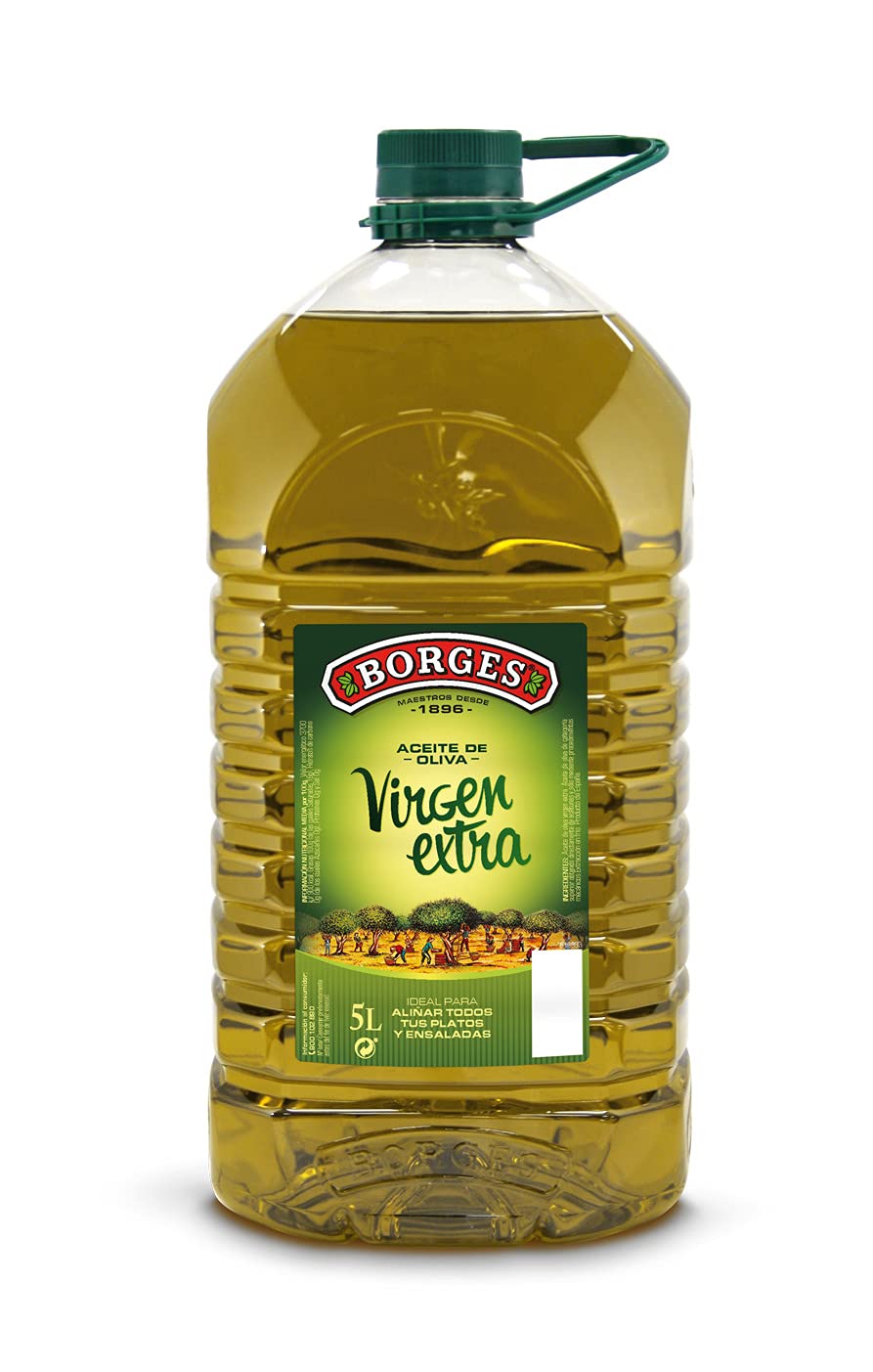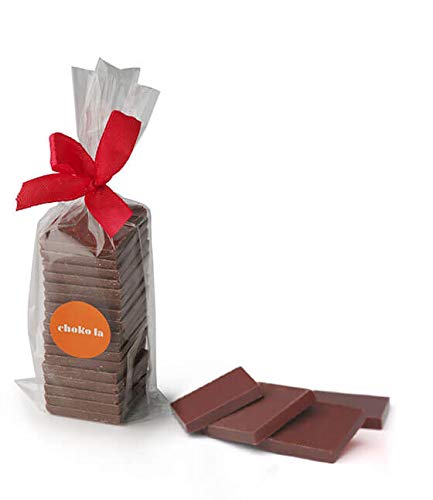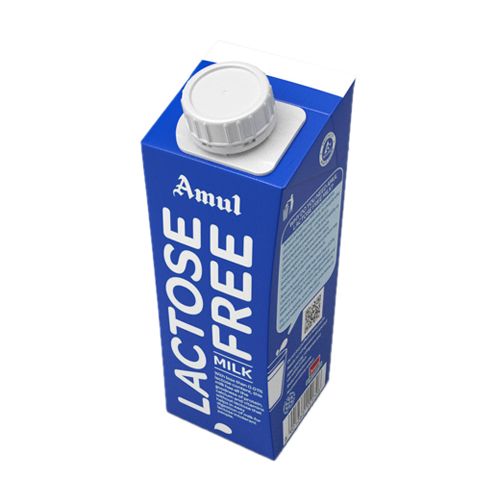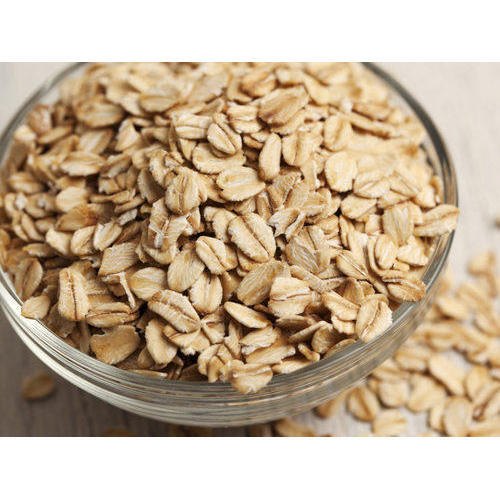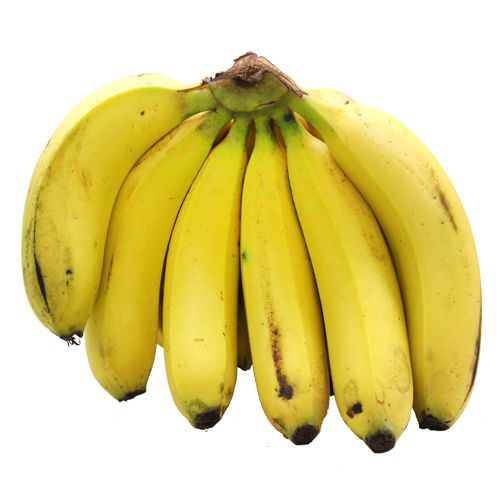Published Date January 24, 2003
Gut Health Traffic
By Hetvi Shah
4 min read
Last update date: January 24, 2012
Your body has more bacterial cells than human cells, living in your gut and in your body. There are about 1000 different ...
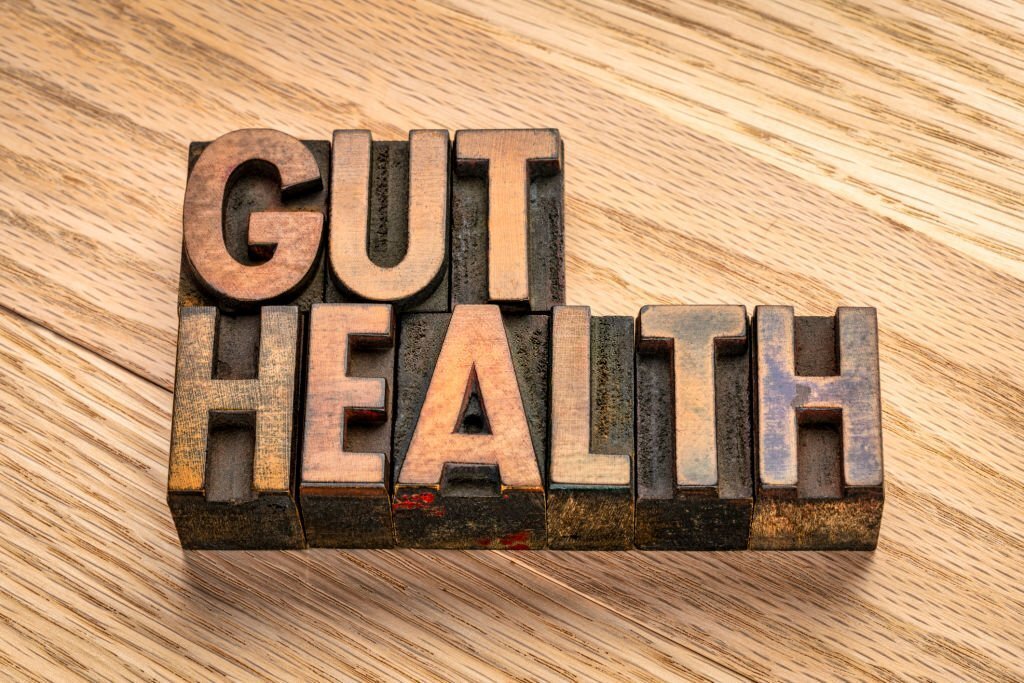
Did you know you are more bacteria than humans? No? Well, that’s correct. Your body has more bacterial cells than human cells, living in your gut and in your body. There are about 1000 different species of bacteria, each playing a different role. Most of these are important for your body while the others may simply make you unwell.
What is gut?
The gut or your digestive tract is a long hollow tube that begins in your mouth and ends in your anus.
What are Microbes?
Microbes or microorganisms are teeny-tiny living things, visible only under a microscope, and are present everywhere in your body, such as bacteria, viruses, and fungi collectively called the gut microbiome. Most of these are found in the large intestine in a “pocket” called “cecum”. They are crucial for the health and may act as extra organs, weighing about 2-5 pounds (1-2 kg).
Diversification of the microbiome happens parallel to your growth. Higher the diversity, the better the health. Allegedly, their diversity is affected by our choice of food. To return our favour we provide them with food, they perform actions like breaking down food, fulfilling the gut’s energy needs, producing vitamins, and protecting from pathogens.
How does microbe diversification help your body:
- Digestion of breast milk: Bifidobacteria, one of the first microbes to grow in an infant's intestine helps in the digestion of healthy sugars that are important for growth.
- Controlling your immune system: By interacting with the immune cells, the gut microbiome can help keep infections at bay aiding and somewhat controlling your immune system.
- Controlling brain health: According to research, the gut microbiome may also affect the nervous system hence, controlling brain health.
How do microbes affect your body?
Although they were thought to be bad for our health, it turns out they have a good side too and only a few of them are bad for our health like Salmonella. Helicobacter pylori can trigger ulcer formation, but a recent study says it has beneficial effects on appetite regulation. Below are some of the effects on our bodies -
- Obesity: As stated in a recent study, the diversity of microbes is less when the person is obese while diversity is more in a healthy person. Our dietary choices dictate whether we flourish the diversity of microbes or shrink it. Well, nobody can know your body better than you and put an effort to keep it healthy and fit to lead a healthy lifestyle. Gut dysbiosis or commonly referred to as an imbalance of healthy and unhealthy microbes may contribute to escalating your weight.
- Anxiety and Depression: The researchers suspect that gut microbes may be playing a role in a way that they can access and influence the brain. In a study conducted it has been observed that administering antibiotics can help with reducing anxiety and depression. While the effects of antibiotics are no longer present, levels of anxiety and depression increase again. Thus, they suggest eating foods that contain probiotics regularly might help in reducing anxiety and depression over some time.
- Heart disease: Reducing the consumption of certain foods that are high in fats and cholesterol (like beef and eggs) can help prevent heart diseases. Increased intake of foods high in fat and cholesterol causes the microbes to produce a compound that may trigger the risk of heart disease.
- Colic in infants: Although temporary, a group of bacteria called proteobacteria. may increase the production of gas in infants causing pain that leads to babies crying, says a study conducted on a smaller scale. More studies are needed to back this up for confirmation.
Takeaway
To flourish our gut health our diet should include foods that contain probiotics/prebiotics(Apples, bananas, yogurt, oats, and probiotic supplements), fermented foods (Yogurt and others that require the process of fermentation), limiting our intake of artificial sweeteners (for example-Aspartame), whole grains(wheat, rice, etc.), and polyphenols (green tea, dark chocolate, olive oil). Trying a plant-based diet might not be too bad in itself.
Keep reading
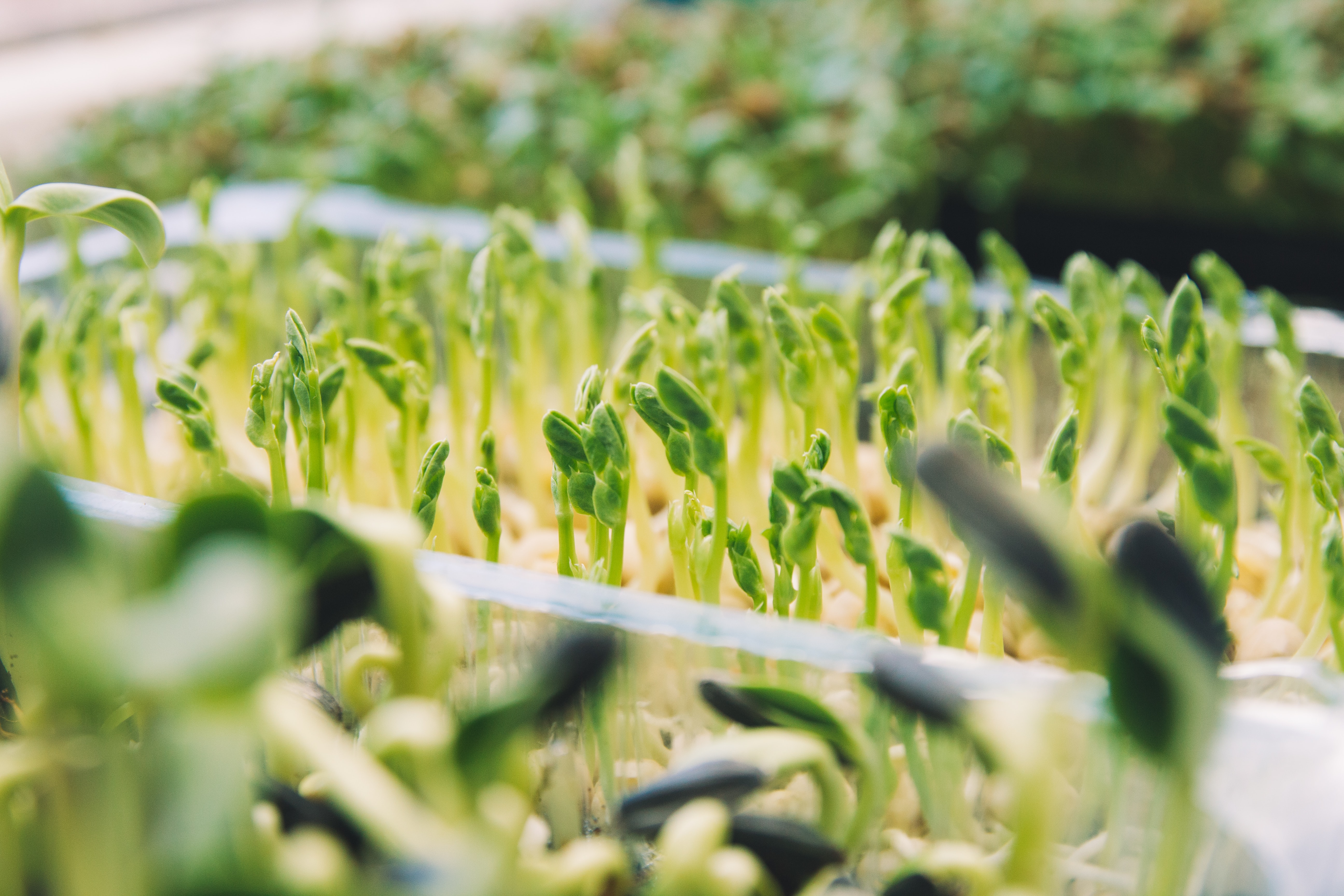
Microgreens – Healthy Digestive Gut
Microgreens are tiny seedlings of edible plants. They can be easily grown in the confines of our homes and are often used ...
By Hetvi Shah
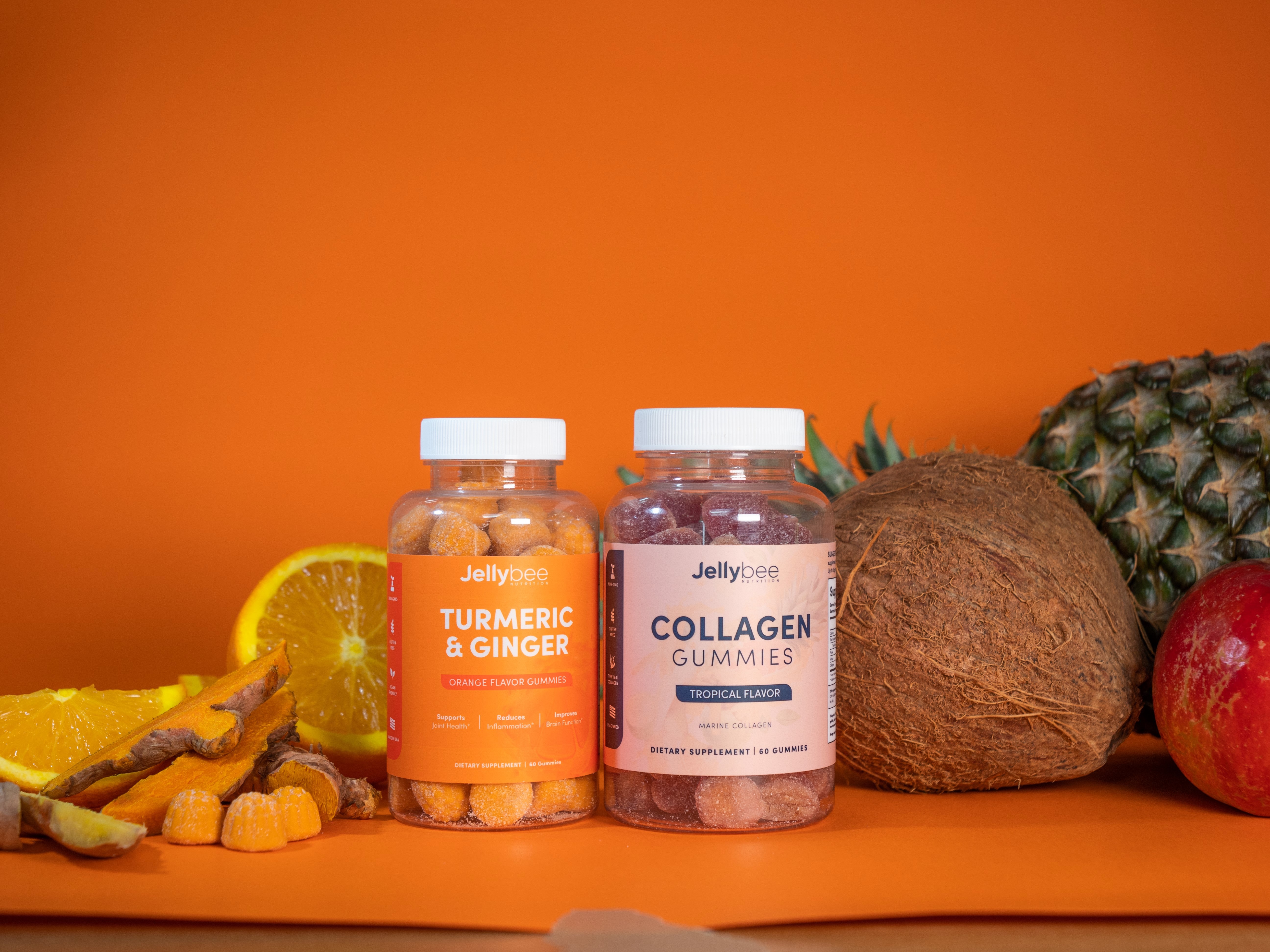
Health Supplements
A health supplement is a compact form of nutrition you take when the nutrition from food itself cannot suffice the body's needs.
By Hetvi Shah
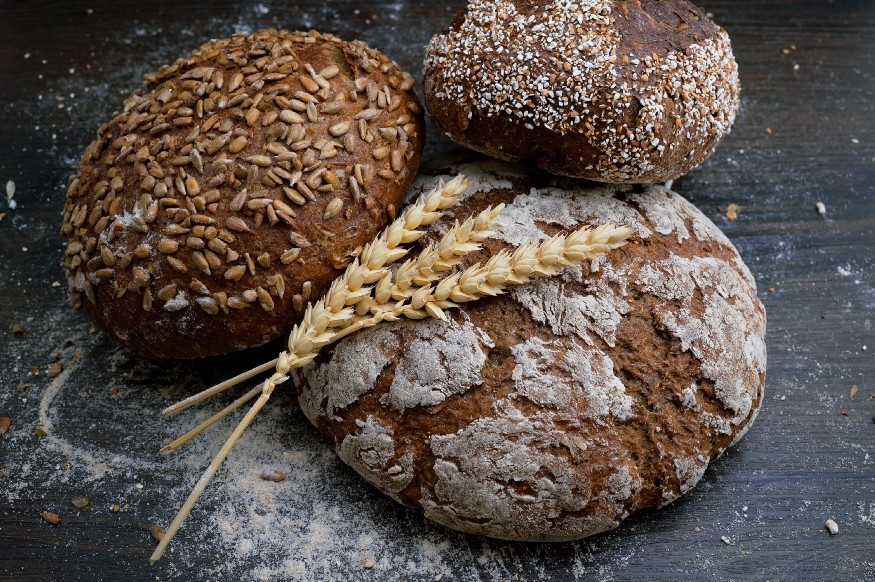
Gluten and your health
All about calcium, iron and gluten.
By Arpita Sudev
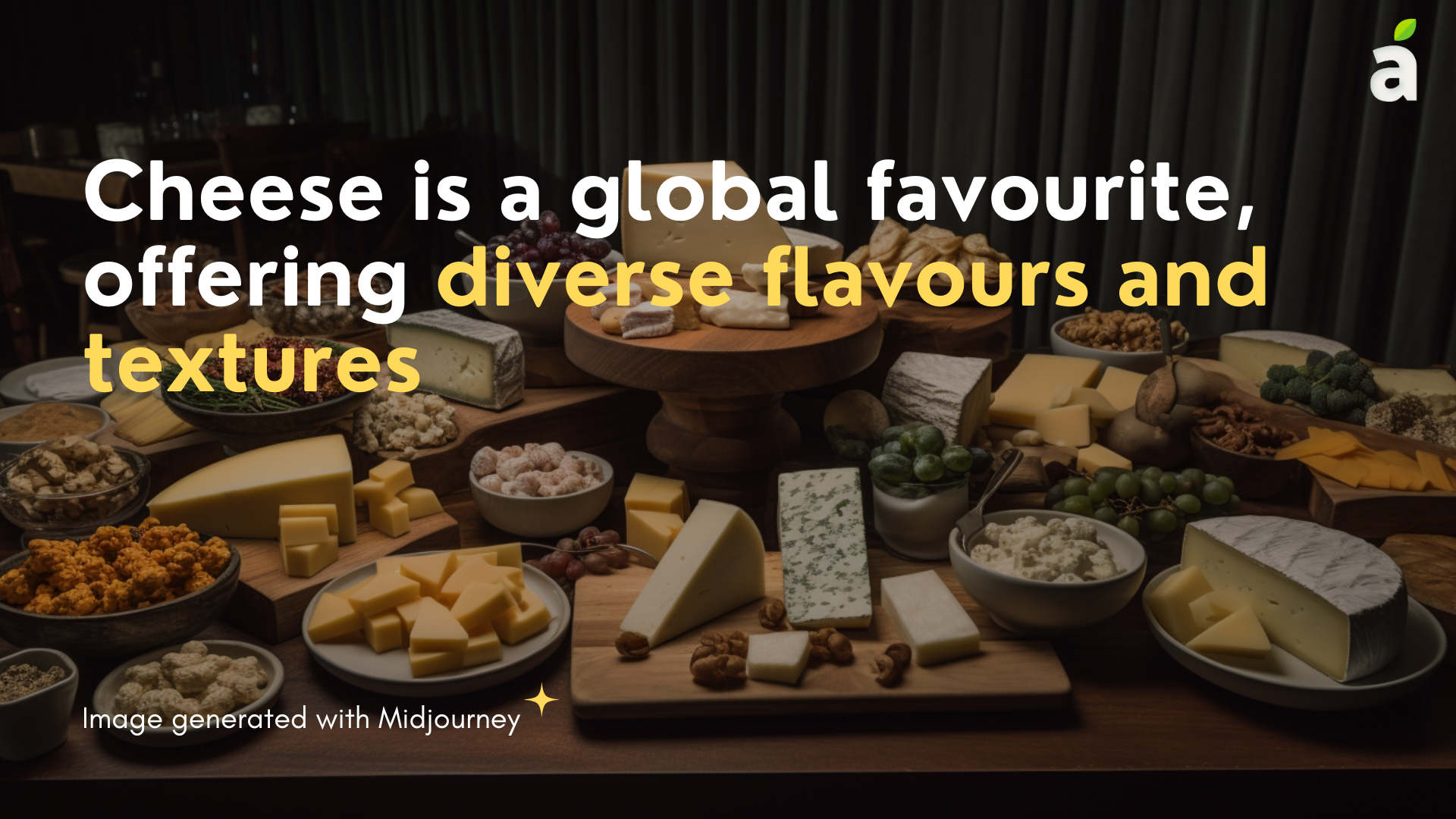
Cheese: Secrets and Health Implications
By Naurin Ansari
Related Items
Choose Healthy With Us.
Know the real truth about your food. Stay informed and healthy, for free.

Download the App Now
Certified nutritionists trust our food recommendations. Safe to say, so can you :)




